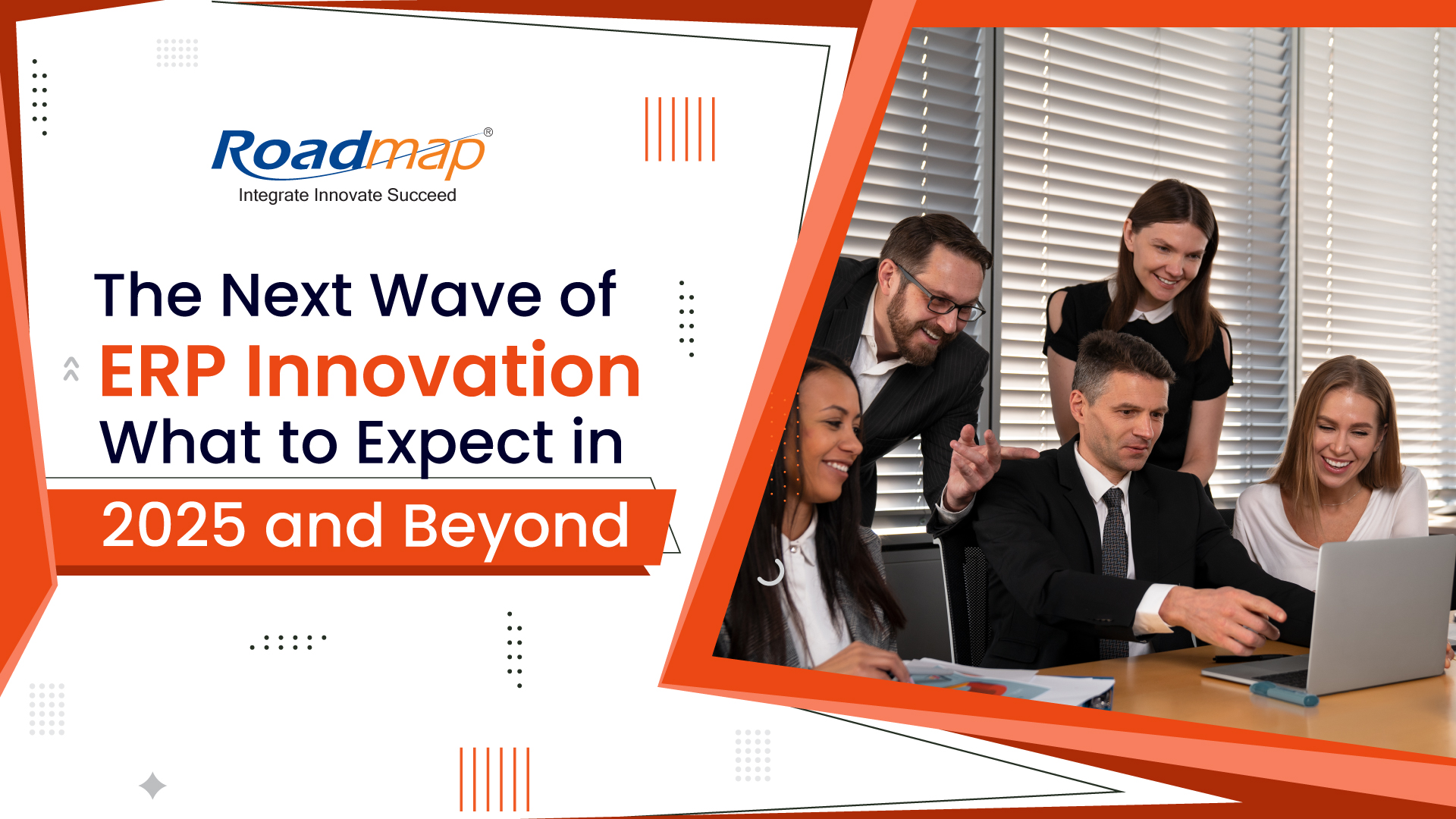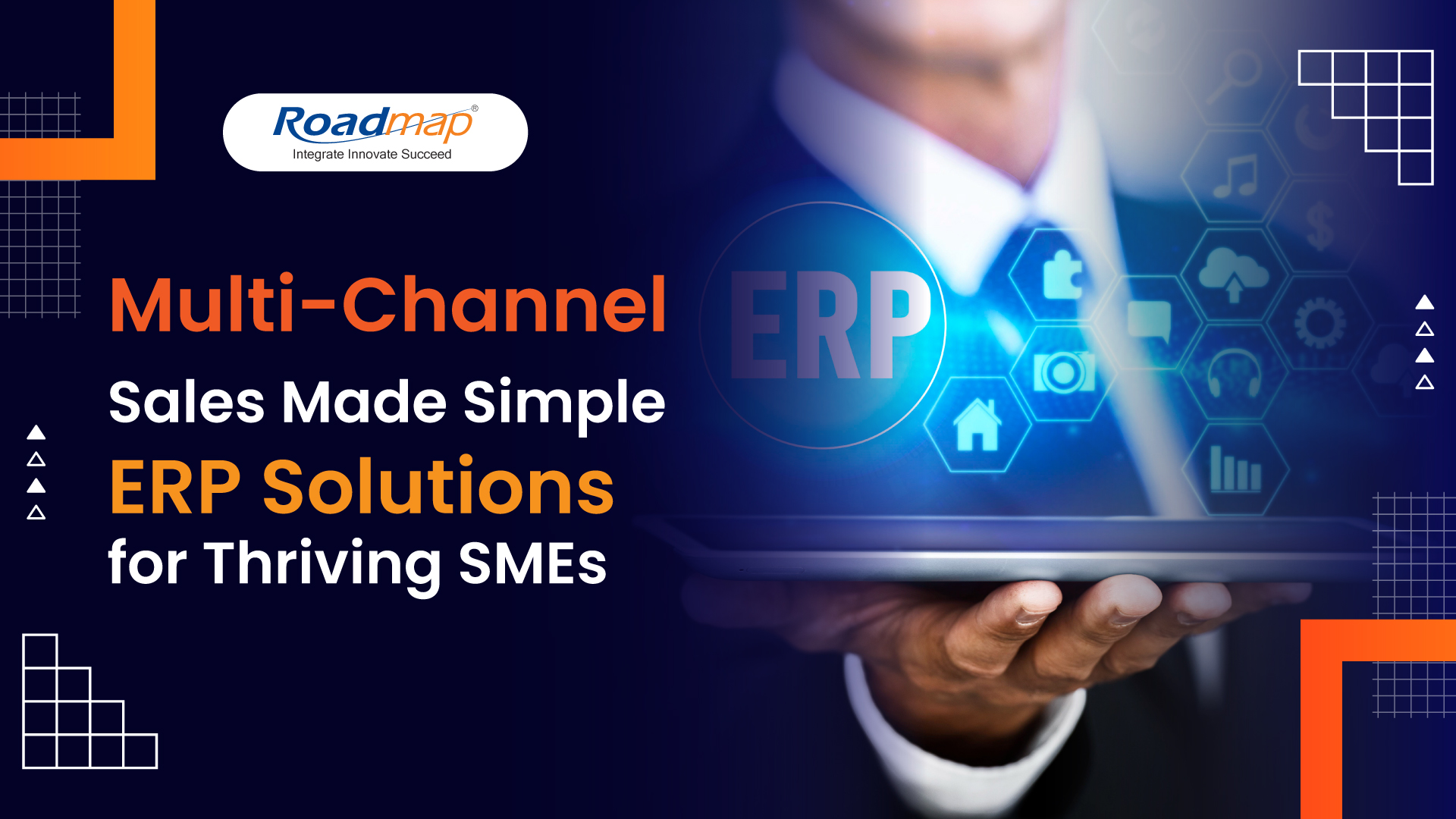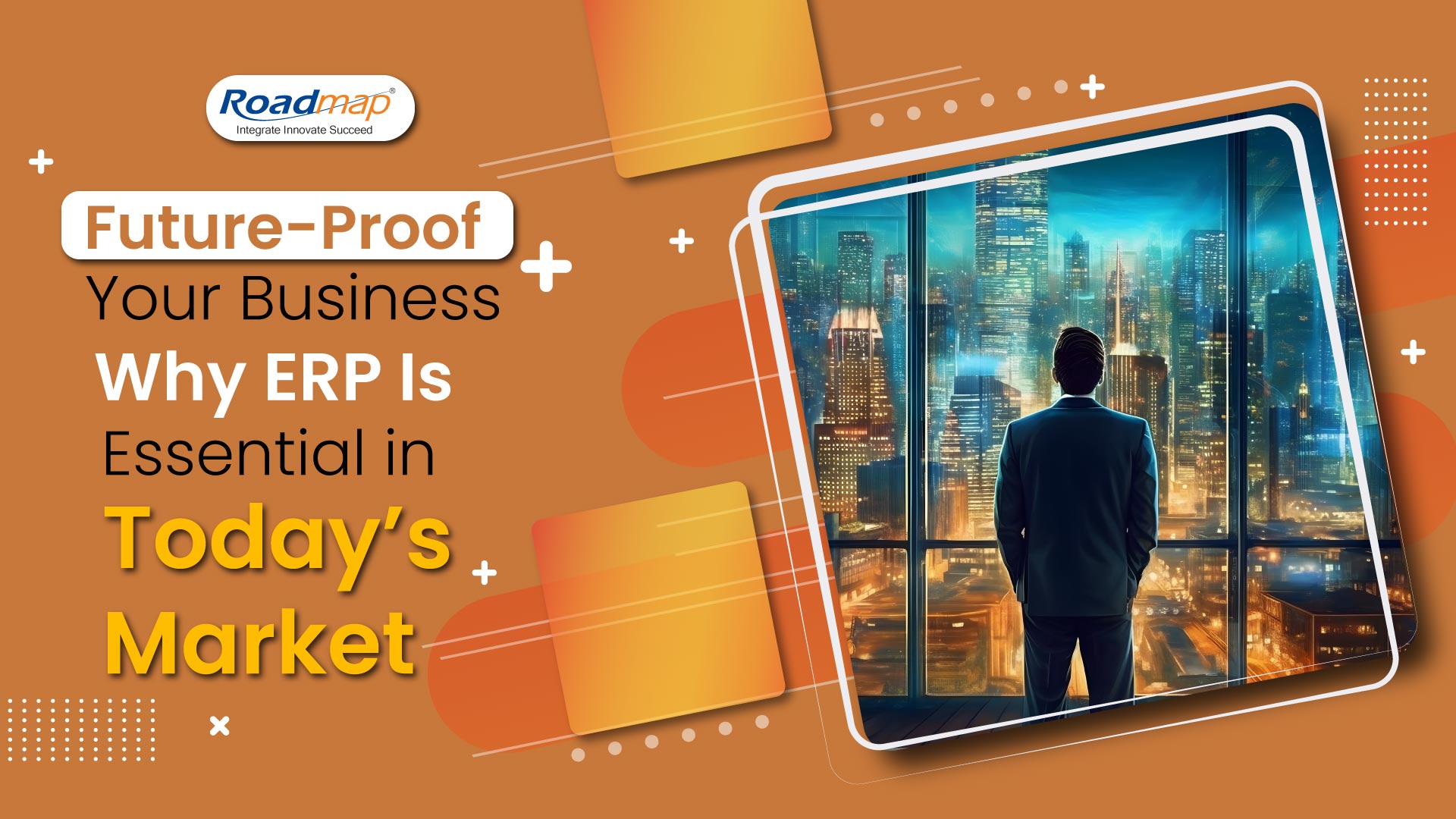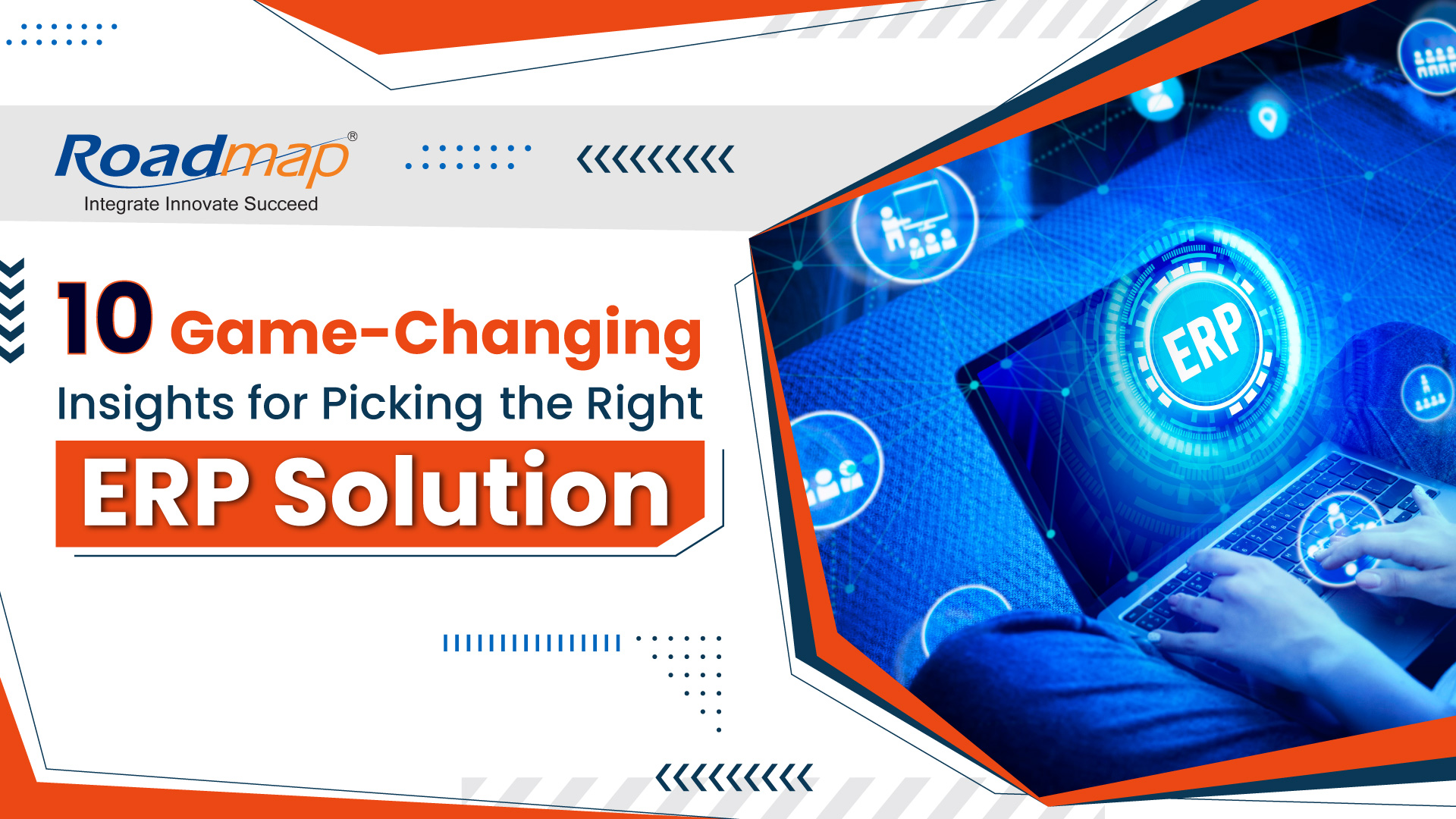
- Roadmap
- 11-Feb-2025 05:08:06
The Next Wave of ERP Innovation: What to Expect in 2025 and Beyond
Introduction
Enterprise Resource Planning (ERP) systems have long served as the backbone of organizational operations, integrating various business processes into a unified system. However, the role of ERP systems is rapidly evolving. As businesses face increasing complexity, the demand for smarter, more adaptive ERP solutions has grown. To remain competitive, organizations must embrace the latest trends shaping the future of ERP and prepare for a landscape driven by innovation and technology.
Key Trends in ERP Industry
1. AI and Predictive Analytics Integration: Artificial Intelligence (AI) is transforming ERP systems into intelligent tools that not only process data but also generate actionable insights. Predictive analytics allows businesses to forecast trends, optimize inventory, and improve decision-making.
For example, AI-powered ERP can predict supply chain disruptions and suggest alternatives, ensuring operational continuity.
2. IoT and ERP Convergence: The Internet of Things (IoT) bridges the gap between physical assets and digital systems. IoT-enabled ERP systems can monitor equipment performance in real time, track logistics, and enhance quality control. In manufacturing, for instance, IoT sensors integrated with ERP can predict machine maintenance needs, reducing downtime and improving efficiency.
3. Rise of Mobile ERP Solutions: As the workforce becomes increasingly mobile, ERP solutions are adapting to meet the need for accessibility on the go. Mobile ERP applications empower employees to access critical business data, approve workflows, and monitor operations from anywhere. This trend ensures that decision-makers stay connected and informed, regardless of location.
ERP as a Service (ERPaaS)
1. Benefits of Cloud-Hosted ERP Platforms: Cloud-based ERP systems, often referred to as ERP as a Service (ERPaaS), offer unparalleled flexibility and scalability. Businesses no longer need to invest heavily in IT infrastructure; instead, they can leverage cloud solutions that adapt to their needs. Moreover, cloud platforms ensure that updates and upgrades are seamless, keeping the ERP system future-proof.
2. Cost-Effectiveness and Scalability: ERPaaS significantly reduces upfront costs and offers a subscription-based pricing model. This makes ERP systems accessible to small and medium-sized enterprises (SMEs) that previously found such investments prohibitive. Additionally, the scalability of cloud-hosted ERP allows businesses to expand or contract their usage based on current needs, providing a tailored solution for growth.
Predictions for 2025 and Beyond.
1. Increased Adoption in SMEs: The democratization of ERP through cloud solutions will see a surge in adoption among SMEs. With features like modular design and affordability, ERP systems will no longer be limited to large enterprises. SMEs will harness ERP to streamline operations and compete with large players.
2. Enhanced Customization Capabilities: Future ERP systems will prioritize customization to meet unique business needs. Advances in low-code and no-code platforms will empower organizations to tailor ERP workflows without extensive programming knowledge, resulting in faster deployments and greater user satisfaction.
3. Focus on Cybersecurity and Data Compliance: As data breaches become more sophisticated, ERP systems will enhance their cybersecurity measures. Future solutions will prioritize encryption, multi-factor authentication, and compliance with global data protection regulations. This focus will build trust among businesses and their stakeholders.
Conclusion
ERP systems are no longer just operational tools; they are strategic enablers that drive innovation and efficiency. By embracing the latest trends and preparing for the predicted advancements, businesses can stay ahead of the competition and thrive in a rapidly changing environment.
Are you ready to explore the ERP frontier? Let’s embark on this journey together and redefine the way businesses function in 2025 and beyond.
#ERP #ERPSoftware #ERPImplementation



